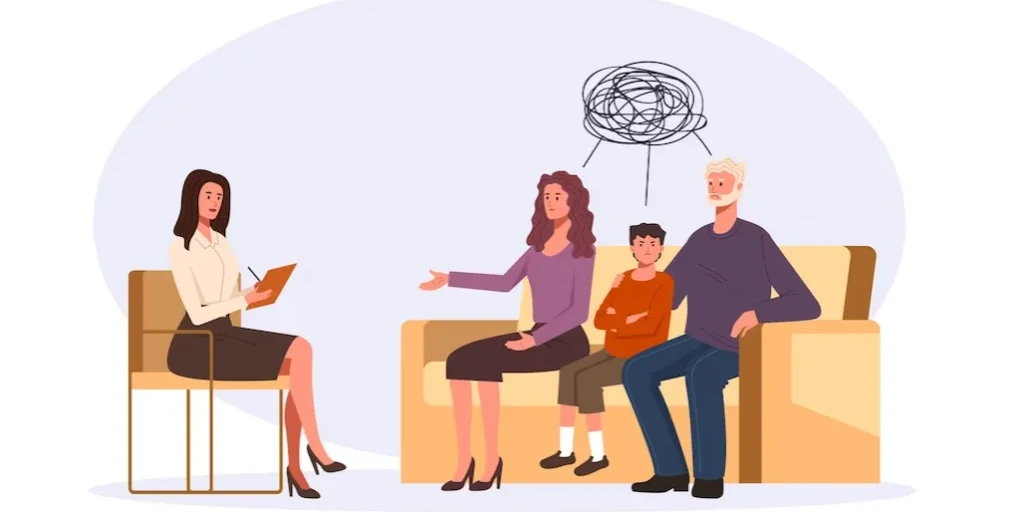24/7 Helpline:
(866) 899-221924/7 Helpline:
(866) 899-2219
Learn more about Dual Diagnosis Rehab centers in Whitfield County

Other Insurance Options

State Farm

Lucent

Magellan Health

Providence

Coventry Health Care

Health Choice

Humana

BHS | Behavioral Health Systems

MHNNet Behavioral Health

Oxford

BlueShield

Access to Recovery (ATR) Voucher

Horizon Healthcare Service

Aetna

CareFirst

WellPoint

ComPsych

MVP Healthcare

Medical Mutual of Ohio

United Health Care

Georgia HOPE
Georgia HOPE is a private rehab located in Dalton, Georgia. Georgia HOPE specializes in the treatmen...

Hamilton Medical Center – Westcott Behavioral Health
Hamilton Medical Center – Westcott Behavioral Health is a private rehab located in Dalton, Georgia. ...

Providence Recovery Place – Women’s Recovery
Providence Recovery Place–Women’s Recovery, in Dalton, Georgia, is a faith-based drug and alcohol re...

Highland Rivers Health – Whitfield Recovery and Wellness Center
Highland Rivers Health provides a variety of treatment programs and services to meet your individual...

Carter Hope
Carter Hope, in Dalton, Georgia, is a 12 step focused drug and alcohol rehab for adults. They offer ...

































DUI and Drug Clinical Evaluation
DUI and Drug Clinical Evaluation is a private rehab located in Dalton, Georgia. DUI and Drug Clinica...

Christian Professional Counseling Online
Christian Professional Counseling Online is a private rehab located in Dalton, Georgia. Christian Pr...



































